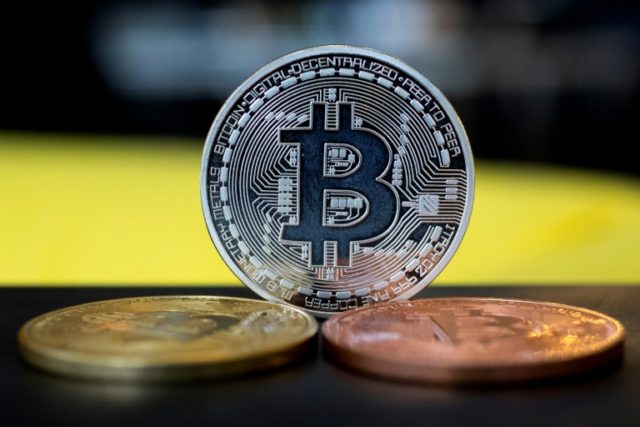A recently published study from the U.K. Royal United Services Institute for Defense and Security Studies (RUSI) found North Korea using Bitcoin and other cryptocurrencies to circumvent international sanctions.
The authors warned Pyongyang’s cybercrime network could “become a sustained security challenge” as it seeks more untraceable methods of laundering money and keeping its business secret from international regulators.
The RUSI report advised Southeast Asian countries to begin devising more effective regulations and public-private partnerships to keep North Korea from stockpiling huge sums of untraceable cryptocurrency.
RUSI noted North Korea’s effort to bank Bitcoin dates back to at least early 2017 and was a prominent feature of the WannaCry ransomware attack in the summer of that year. The WannaCry was a virus that locked up infected computer systems unless a ransom was paid in cryptocurrency to the hackers.
Cybersecurity experts speculated at the time that WannaCry was an exploratory attack, essentially a cyberweapons test, noting that the ransom demanded by the hackers was suspiciously small and they seemed rather lax about retrieving it.
Both the United States and the United Kingdom pinned responsibility for the WannaCry attack on North Korea. According to the RUSI report, a number of other major ransomware attacks since then have also been the work of North Korea.
RUSI observed that North Korean cybercrime appears to have become “more frequent and lucrative since the WannaCry attack, particularly in the form of large-scale hacking of cryptocurrency exchanges in South Korea.”
The report charged North Korea with using cryptocurrency to evade sanctions and finance weapons of mass destruction research, as well as “procuring luxury goods and other prohibited items” and “paying salaries to overseas affiliates and middlemen.”
North Korea has evidently been able to disguise the identity of its agents and cover their financial footprints so effectively that many Southeast Asian companies do business with them unwittingly. This degree of obfuscation would be impossible to achieve without a large and dedicated cyber warfare unit, capable of attacking major financial institutions around the world on a regular basis to steal enormous sums of money in virtual bank heists and practice techniques that would prove useful in an all-out attack on the world’s financial system.
North Korea has done more than merely test the waters for cyber espionage. The amount of cryptocurrency smuggled and stolen by Pyongyang could be anywhere from $15 to $210 million, and that does not include a few enormous crypto heists that might be the work of North Korean hackers, most notably the $530 million raid on Japan’s Coincheck exchange in January 2018.
The inherent problem with estimating the scale of the threat is that cryptocurrency is difficult to track by design – the whole point was to create a medium of exchange that could not be manipulated by governments.
The authors of the RUSI report found it reasonable to suppose that North Korea has engaged in crypto “mining,” a complex and often lucrative form of currency speculation sometimes practiced by using viruses to hijack computers and draft them into service as mining instruments. And of course, cryptocurrency is the lifeblood of “dark web” operations, providing North Korea with a black market currency it can earn through smuggling illicit goods or even renting out its military hackers as cyber mercenaries.
“Given the large amounts of cryptocurrency we’re looking at from these exchange hacks and the possibility of more coming from mining operations, it is reasonable to assume that the money may be directly financing North Korea’s WMD program,” RUSI researcher Kayla Izenman warned.
“At the very least, cryptocurrency exploitation is allowing North Korea to transact with the rest of the world in ways that aim to circumvent sanctions designed to curb its proliferation financing,” she said.
Although Bitcoin is the best-known cryptocurrency, Izenman noted several other systems such as Monero and Zcash are even less transparent and operate more independently of traditional banking systems.
Several other cryptocurrencies recently announced new measures to make money laundering more difficult, and some Southeast Asian governments have either imposed stricter regulations on crypto exchanges or banned them outright.

COMMENTS
Please let us know if you're having issues with commenting.